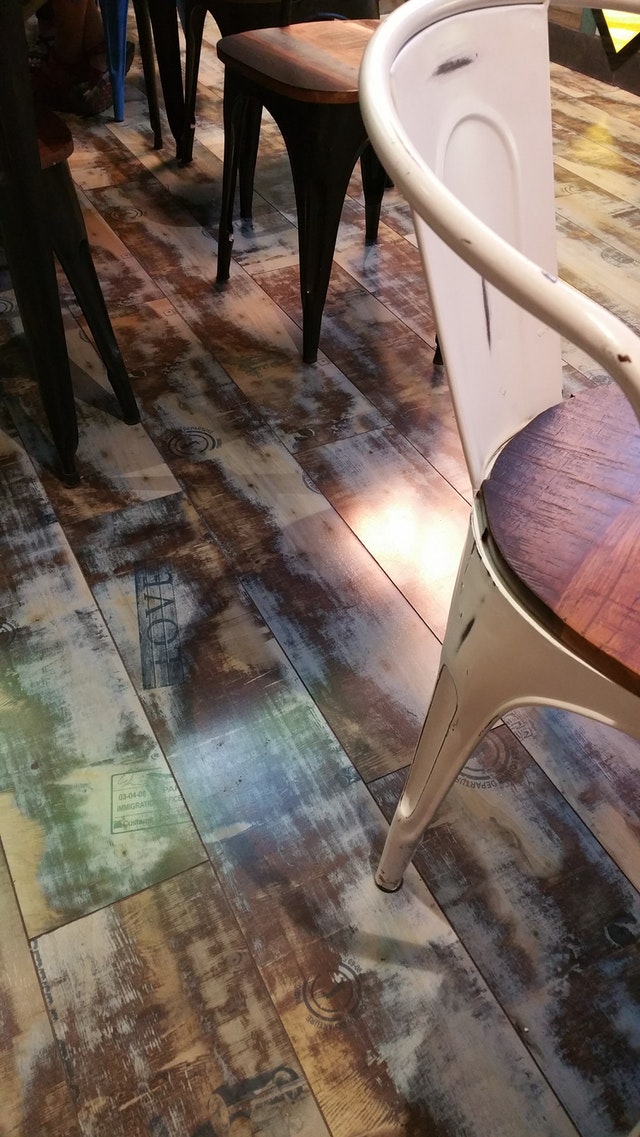There are a lot of things you’ll have to do before you move to a new state. This out of state moving checklist will keep you organized as you get ready for your big move.
In the months ahead of your move, you should:
- Set a moving budget: To avoid overspending on your move, you’ll want to set up a budget and stick to it.
- Get quotes from moving companies: Contact moving companies and ask them for a price quote.
- Book a moving company: Compare your options and book the best movers for your move.
- Pick up moving supplies: Start stocking up on the supplies you’ll need now, like boxes and packing tape.
- Get moving advice: Whether it is from your friends or online, quick advice for moving to another state can help you to make your move hassle free.
In the weeks ahead of your move, you should:
- Research your new home: Find out more about the area you’re going to be moving to. See where the nearest grocery store is. Read up on popular restaurants.
- Find a new doctor: You’ll need to find a primary care physician in your new area. You may want to see if your doctor can refer you to a professional in your state. Take the time to find a new dentist as well.
- Contact schools: If your children are attending a new school, you’ll want to make sure that their school records are transferred over.
- Donate and sell old things: Go through your belongings and get rid of items you no longer need before you start packing.
- Let people know you’re moving: Talk to friends, family members, and co-workers to make sure everyone is aware of your move. You may want to schedule a going away party if you have time.
- Contact utility companies: Reach out to your utility companies and inform them of your moving date. Schedule a date to have your utilities shut off.
- Set up utilities in your new home: You’ll need to make sure you’ll have utilities turned on when you move into your home. You should also set up other essentials, such as an internet service.
- Start packing: Packing is a long process, and the sooner you start, the better. Start by packing items that are rarely used and safe items you regularly use to last.
In the days ahead of your move, you should:
- Set up mail forwarding: Contact the post office and arrange to have your mail sent to your new address.
- Update your address: Make sure that your cell phone, credit cards, bank accounts, and other important accounts are linked to your new address rather than your old one.
- Pack a suitcase: You won’t be able to unpack everything immediately, which is why you’ll want to have a suitcase you can use while you’re settling into your new home. This should include toiletries and clothing.
- Pack a move-in box: Pack up another box that contains some of the first items you’ll want to access, like dishes and cookware. Make sure that the box is labeled clearly.
- Clean out your car: Whether you’re driving to your new destination, shipping your vehicle, or selling it, you’ll want to make sure it’s completely clean before you move.
- Go over your checklist: Go over the checklist again to make sure you haven’t forgotten to do anything important.
On the day of your move, you should:
- Make sure there’s a clear path in and out of your house: Prop open your door and make sure that people will be able to carry boxes and furniture out of your home safely.
- Do the last-minute walkthrough: Set aside time so that you can walk through your home and check for anything that might have been overlooked.
After you move, you should:
- Establish legal domicile: You’ll need to establish legal domicile in your new state for tax purposes.
- Update your driver’s license: Your driver’s license should be updated as soon as possible. Not only is this a way to verify your new address, but it can also sure that you’re complying with state laws.
- Update your renter’s or homeowner’s insurance: Take the time to update your policies to have the protection you need.
- Purchase a pet license: If you’re a pet owner, you may need to register your pet in your new home. Read up on local laws and make sure you’re meeting all requirements.




